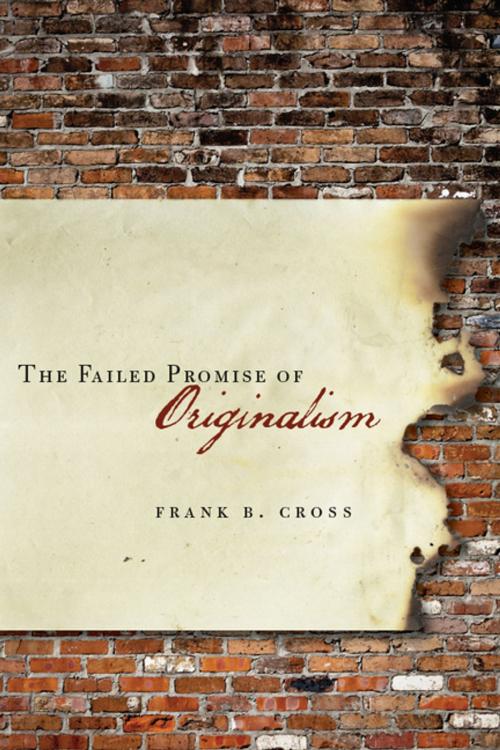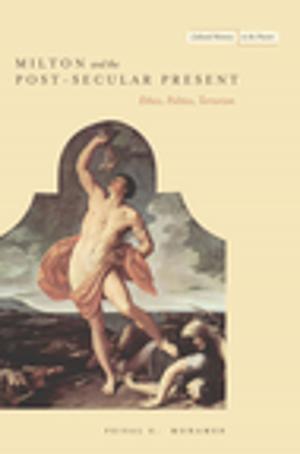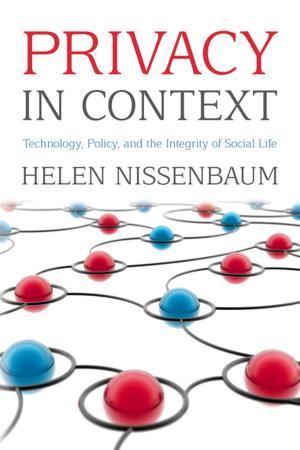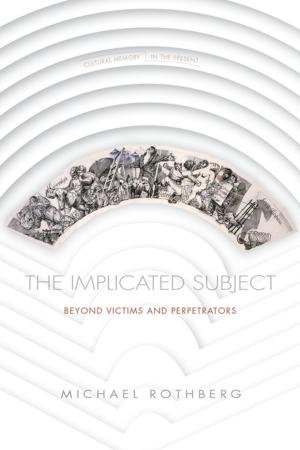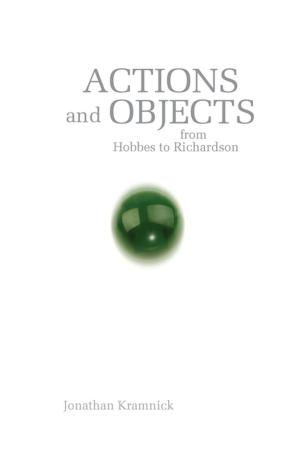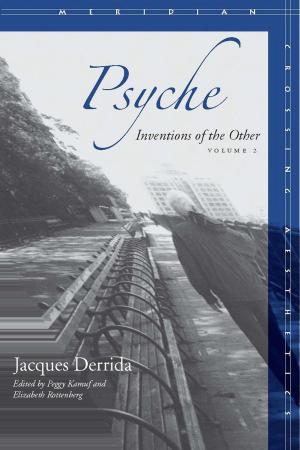| Author: | Frank Cross | ISBN: | 9780804784696 |
| Publisher: | Stanford University Press | Publication: | January 9, 2013 |
| Imprint: | Stanford Law Books | Language: | English |
| Author: | Frank Cross |
| ISBN: | 9780804784696 |
| Publisher: | Stanford University Press |
| Publication: | January 9, 2013 |
| Imprint: | Stanford Law Books |
| Language: | English |
Originalism is an enormously popular—and equally criticized—theory of constitutional interpretation. As Elena Kagan stated at her confirmation hearing, "We are all originalists." Scores of articles have been written on whether the Court should use originalism, and some have examined how the Court employed originalism in particular cases, but no one has studied the overall practice of originalism. The primary point of this book is an examination of the degree to which originalism influences the Court's decisions. Frank B. Cross tests this by examining whether originalism appears to constrain the ideological preferences of the justices, which are a demonstrable predictor of their decisions. Ultimately, he finds that however theoretically appealing originalism may seem, the changed circumstances over time and lack of reliable evidence means that its use is indeterminate and meaningless. Originalism can be selectively deployed or manipulated to support and legitimize any decision desired by a justice.
Originalism is an enormously popular—and equally criticized—theory of constitutional interpretation. As Elena Kagan stated at her confirmation hearing, "We are all originalists." Scores of articles have been written on whether the Court should use originalism, and some have examined how the Court employed originalism in particular cases, but no one has studied the overall practice of originalism. The primary point of this book is an examination of the degree to which originalism influences the Court's decisions. Frank B. Cross tests this by examining whether originalism appears to constrain the ideological preferences of the justices, which are a demonstrable predictor of their decisions. Ultimately, he finds that however theoretically appealing originalism may seem, the changed circumstances over time and lack of reliable evidence means that its use is indeterminate and meaningless. Originalism can be selectively deployed or manipulated to support and legitimize any decision desired by a justice.
